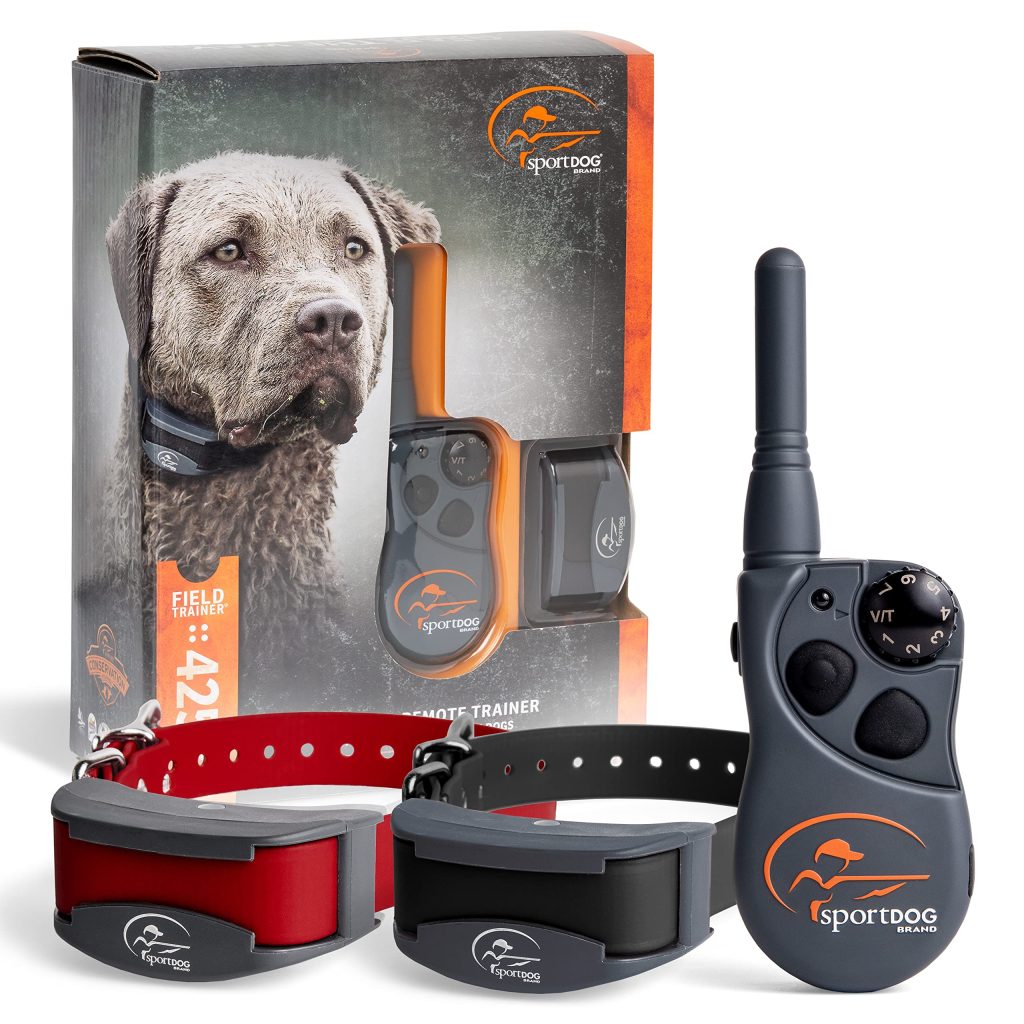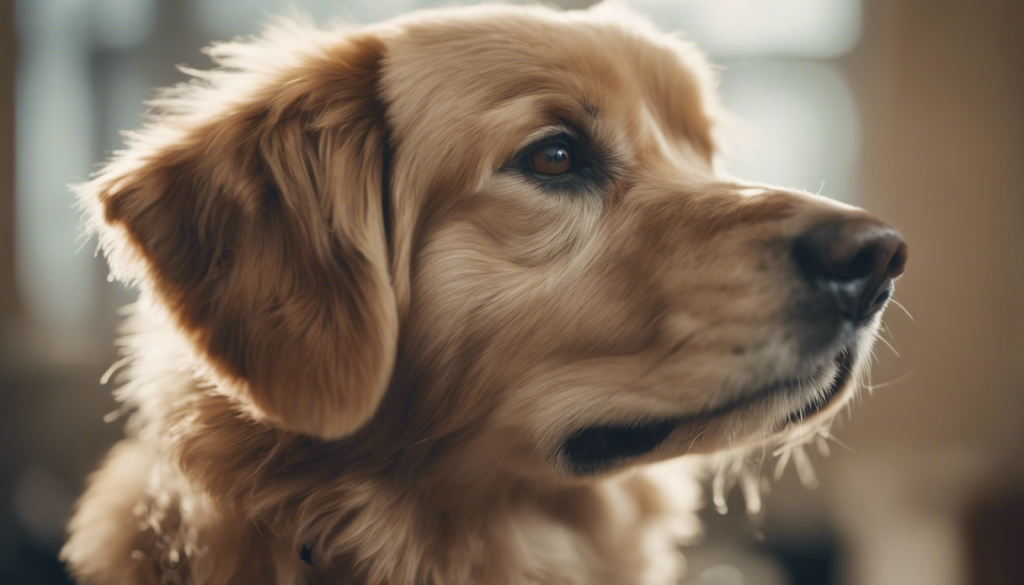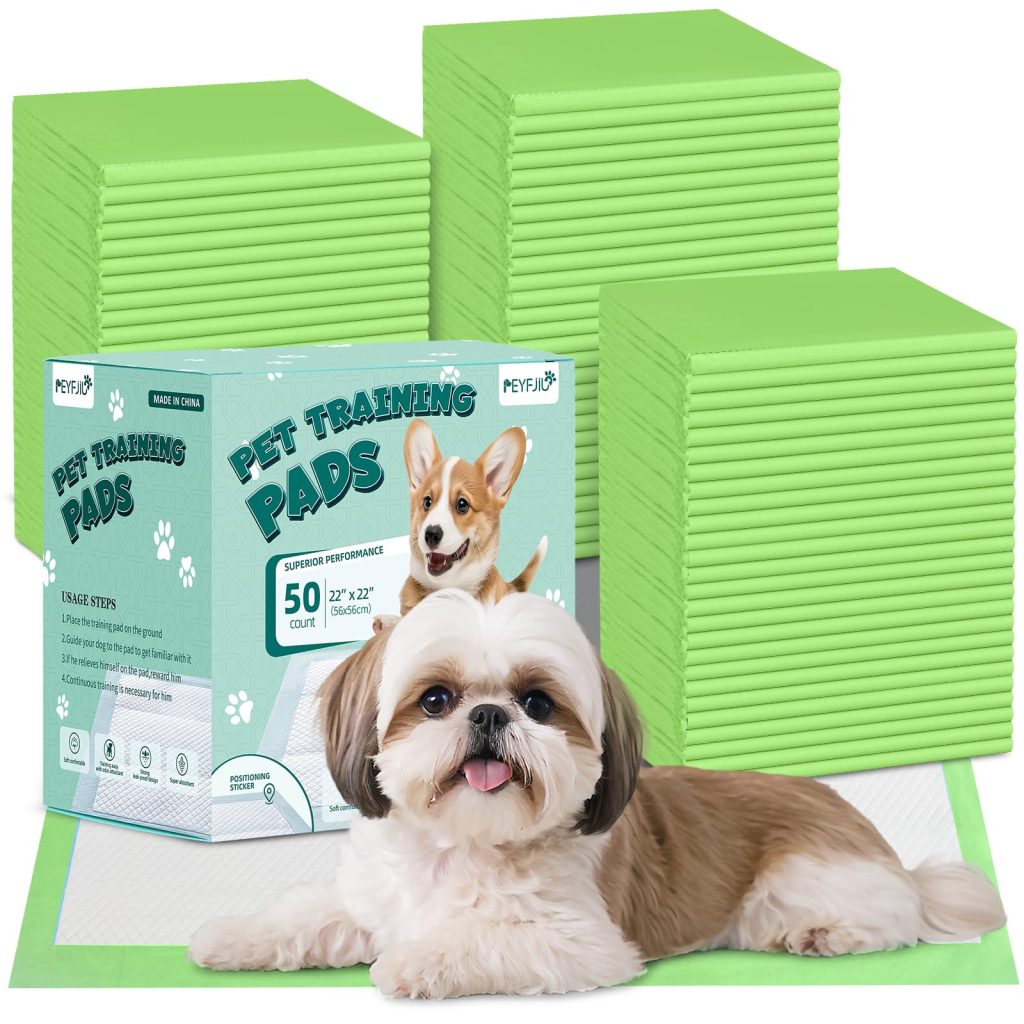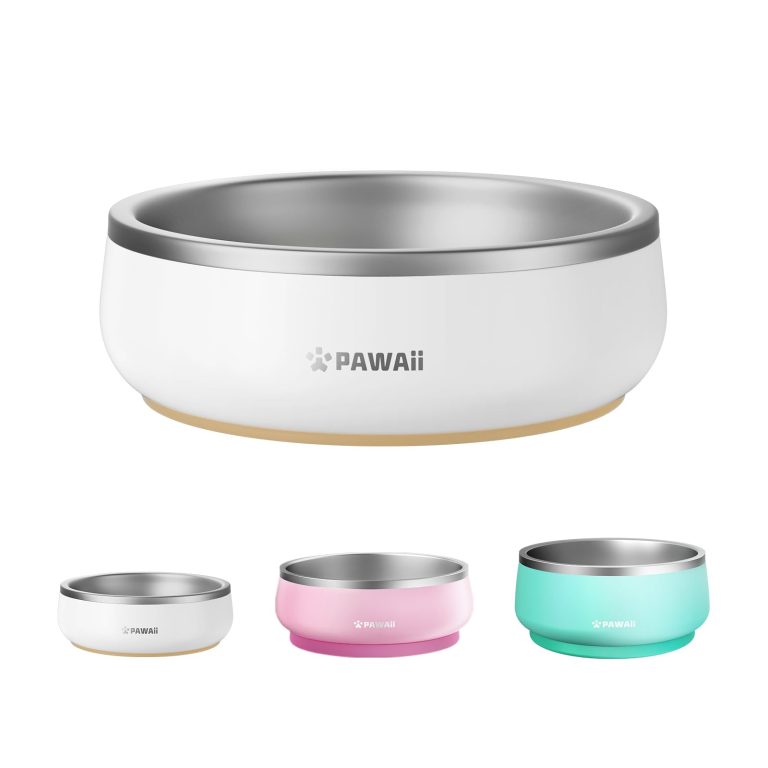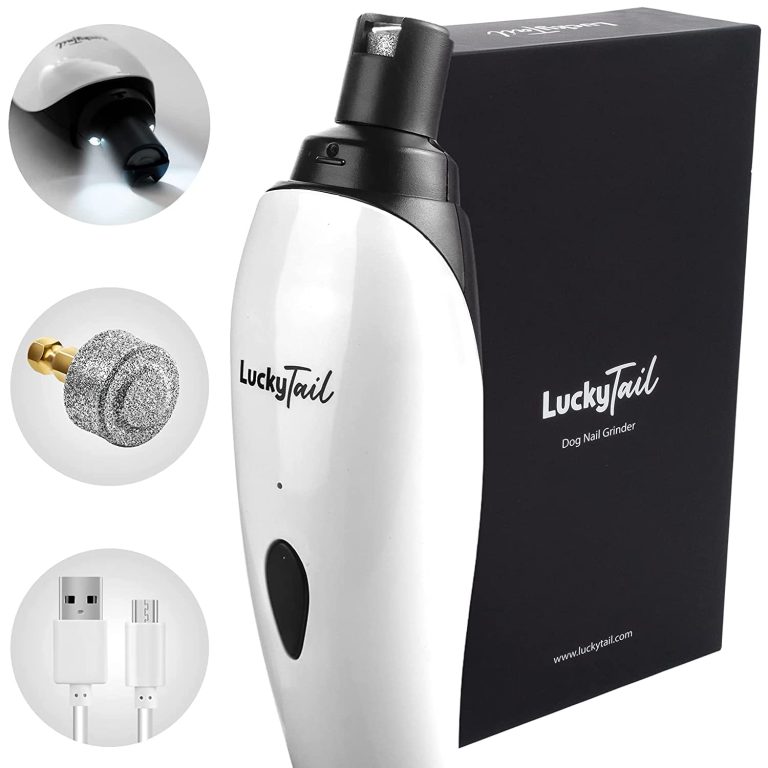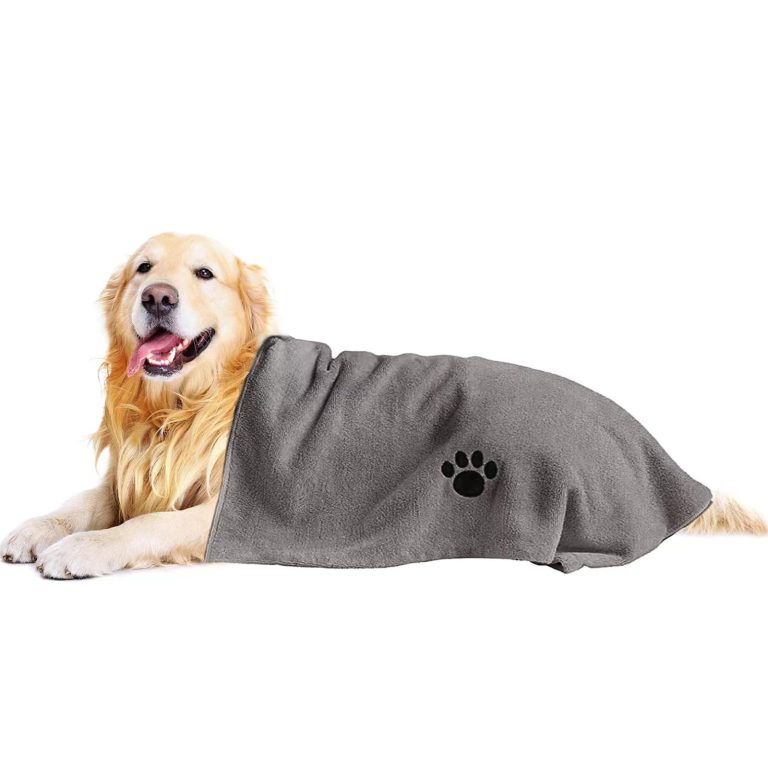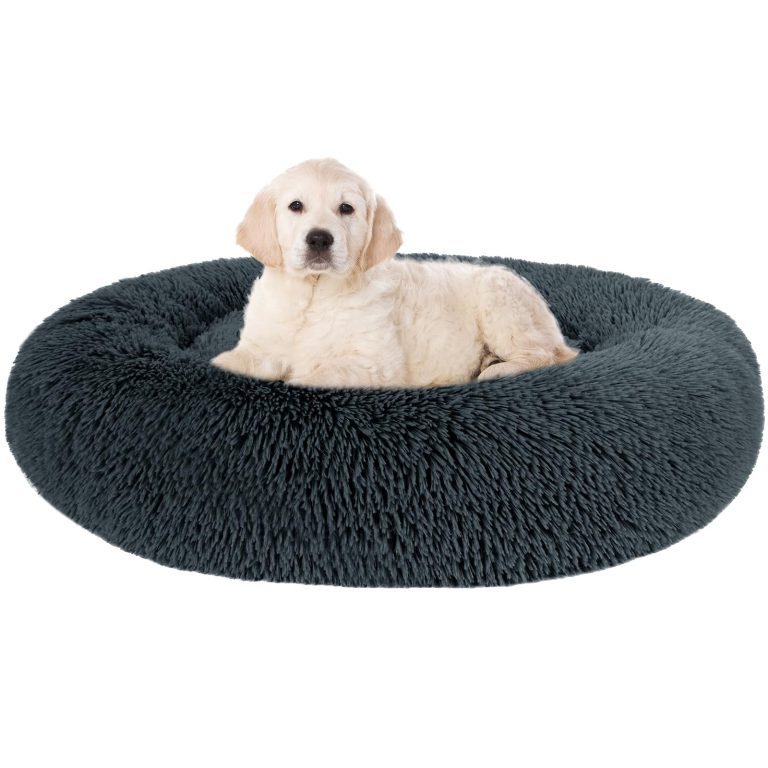The Benefits of Canine Aromatherapy for Relaxation

Dogs are more than just pets; they are beloved members of the family. As responsible pet owners, it’s our duty to ensure their health and well-being. While exercise, a balanced diet, and regular vet visits are essential for maintaining their overall health, there is another therapeutic technique that can greatly benefit our furry friends – canine aromatherapy.
What is Canine Aromatherapy?
Canine aromatherapy is the use of essential oils to promote relaxation and improved well-being in dogs. Essential oils are highly concentrated plant extracts that have been used for centuries for their therapeutic properties. When properly diluted and used in appropriate amounts, essential oils can offer many benefits to dogs.
Benefits of Canine Aromatherapy
1. Relaxation: One of the main benefits of canine aromatherapy is its ability to promote relaxation in dogs. Just like humans, dogs can experience stress and anxiety. Whether it’s due to separation anxiety, loud noises, or a visit to the vet, diffusing calming essential oils such as lavender or chamomile can help soothe their nerves and create a calm environment.
2. Pain relief: Dogs can experience various types of pain, whether it is from arthritis, muscle strains, or minor injuries. Certain essential oils, like peppermint and eucalyptus, have analgesic properties that can provide temporary relief from pain and discomfort.
3. Improved sleep: Dogs, like humans, need quality sleep to rest and rejuvenate. Diffusing essential oils such as vetiver or clary sage can help create a peaceful atmosphere and promote better quality sleep for your canine companion.
How to Practice Canine Aromatherapy
Before you start using essential oils on your dog, it’s important to do your research and consult with a veterinarian or a qualified animal aromatherapist. Not all essential oils are safe for dogs, and improper use can lead to adverse reactions.
When using essential oils for your dog, follow these guidelines:
- Choose high-quality oils: Look for therapeutic-grade essential oils that are pure and free from additives or contaminants.
- Dilute properly: Essential oils are highly concentrated and should always be diluted before use. The appropriate dilution ratio depends on the size and sensitivity of your dog. Generally, a 0.25% to 1% dilution is recommended.
- Avoid certain oils: Some essential oils, such as tea tree oil and citrus oils, are toxic to dogs. Make sure to educate yourself about oils that are safe for dogs and those that should be avoided.
- Use a diffuser: A diffuser is the safest way to introduce essential oils into your dog’s environment. Start with a low concentration and observe how your dog reacts. If they show any signs of discomfort or irritation, remove the diffuser immediately.
Other Aspects of Canine Health
While canine aromatherapy can be beneficial for relaxation, it’s essential to address other aspects of your dog’s health to ensure their overall well-being. Here are some key areas to focus on:
Exercise Requirements:
All dogs require regular exercise to maintain physical and mental health. The amount of exercise needed varies depending on the breed, size, and age of your dog. Daily walks, playtime, and interactive toys can help keep your dog active and mentally stimulated.
Common Health Issues and Their Treatments:
Understanding common health issues that affect dogs, such as allergies, dental problems, and skin conditions, can help you take preventive measures and seek timely treatment. Regular vet check-ups and a well-balanced diet can contribute to your dog’s overall health.
Dental Care:
Just like humans, dogs also need dental care to prevent periodontal disease and maintain good oral hygiene. Regular tooth brushing and providing appropriate chew toys can help keep your dog’s teeth clean and healthy.
Age-Related Health Changes:
As dogs age, they are prone to various health issues, including arthritis, cognitive decline, and reduced vision. Regular vet visits and adopting a senior dog care routine can help manage these age-related changes and improve their quality of life.
Mental Stimulation:
In addition to physical exercise, mental stimulation is important for dogs. Engage your dog in puzzle toys, training sessions, and interactive playtime to keep their minds sharp and prevent boredom.
Preventive Care:
Prevention is always better than cure. Vaccinations, parasite control, and regular grooming are essential components of preventive care. Follow your vet’s recommendations for vaccinations and deworming schedules.
Note: Canine aromatherapy is not a substitute for professional veterinary care. If your dog is exhibiting concerning symptoms or has a pre-existing medical condition, always consult with a veterinarian.
Canine aromatherapy, when practiced safely, can be a valuable tool for promoting relaxation and overall well-being in dogs. However, it is just one aspect of the comprehensive care that our four-legged friends require. By understanding and addressing their exercise requirements, common health issues, dental care, age-related changes, mental stimulation, and preventive care, we can provide our dogs with the best possible life and ensure their optimal health.
